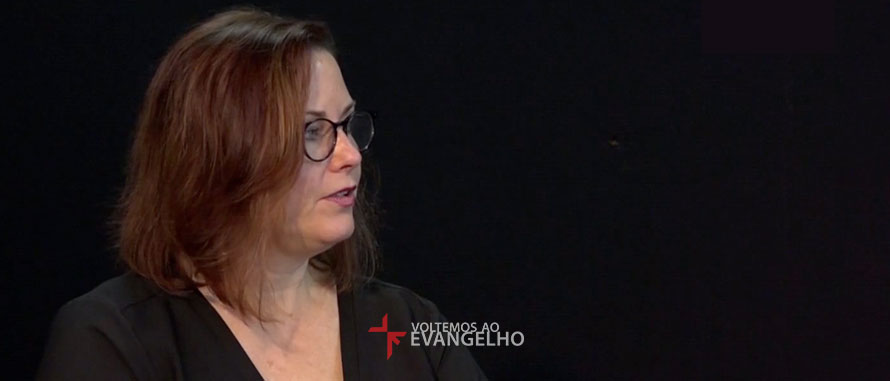“The first thing I had to learn as a newly converted was that everything in the Bible is not something we should imitate, which is the story of God being merciful, redeeming, and merciful to people who always do everything wrong. “Carolyn McCulley
See the interview with radical femininity author below:
- How can we understand the delicate balance between cultural influence.
- Historical perspective.
- And biblical authority in our role as women at home.
- At work.
- In church.
- And in culture?How did the three waves of feminism hinder God’s vision for women?Do you know where to go from here? Amid the radical confusion of our culture over femininity.
- Carolyn teaches the radical truth of God’s wise and elegant plan for women.
Check
Carolyn McCulley: That’s a big question
The first thing I had to learn as a new convert was that not everything in the Bible is something we should emulate, it is the story of God being merciful, redeeming, and merciful to people who always do everything wrong. So you can find some really terrible stories in the Old Testament about how women were treated, such as Tamar’s rape or other things, and ask, “Why is this in the Bible?Why is it there, or the mistreatment of one of the concubines or basically what you find in the judges, and questions:?It’s not good. Why are you here?? He’s here to prove these things wrong. It is there to show that God’s law is much more holy and that God’s mercy is much greater than we can imagine when dealing with human beings.
Thus, the Bible condemns selfishness, condemns violence and sexual abuse, and goes so far as to simply condemn the way men sometimes stop worrying about the well-being of the women around them or worrying about what happens in women’s lives. Peter, in his epistle, commands: “Maris, let us live with them with understanding” because learning to live with a woman with understanding takes time and I would say the same about women in relation to men.
Then my eyes opened when I realized that these things were not valued, they were condemned in the scriptures, so when you see these sins and compare them to the way Jesus interacted with the women of their culture, He took the extra-biblical rules that were created by religious leaders and rejected them all. As they said, “Rabbis cannot talk to women who are not their wives,” Jesus spoke to women, and shared the truth. As they said, “You cannot be touched by a woman who has her period or otherwise dirty,” she allowed it because her purity, her redeeming designs overcate sins in women’s lives. Therefore, it did not allow double standards.
When someone was caught up in the act of adultery and was introduced to him: “The woman is there, but the man is not!?Chances are she was abused and there was no consensual relationship. Did you introduce himself to Jesus and see all the Sins involved?presumption, condemnation of attitudes, misogyny?and showed everyone the way out, which is: “You are focused on the sin of a close and short-sighted person and I will speak of the sin of the whole group. That, I won’t give you a free pass. I’ll say, “Go and sin no more. Will I offer you redemption, but based on the abandonment of sin?Thus, when we see this, we see the funny reality of Jesus’ relationship with women, treating them as independent adults who are not second-class citizens, but who are sinners and need a Savior.
In a very kind way, I would say that this is something that our culture does not see or recognize in Jesus, they see bad examples in the Old Testament, and they see present bad examples among Church leaders, which discourages many young women. What I’m saying is, where do you see these scandals exposed, don’t despair, we don’t care about Dieu, take what was hidden in the dark and it is his light that exposes these things, disciplines sin in the Church, which makes his name scandalous. This should lead us to affirm ourselves even more gracefully, with more gratitude, with more adoration: “Lord, do not neglect this kind of sin. Thank you Jesus?”

